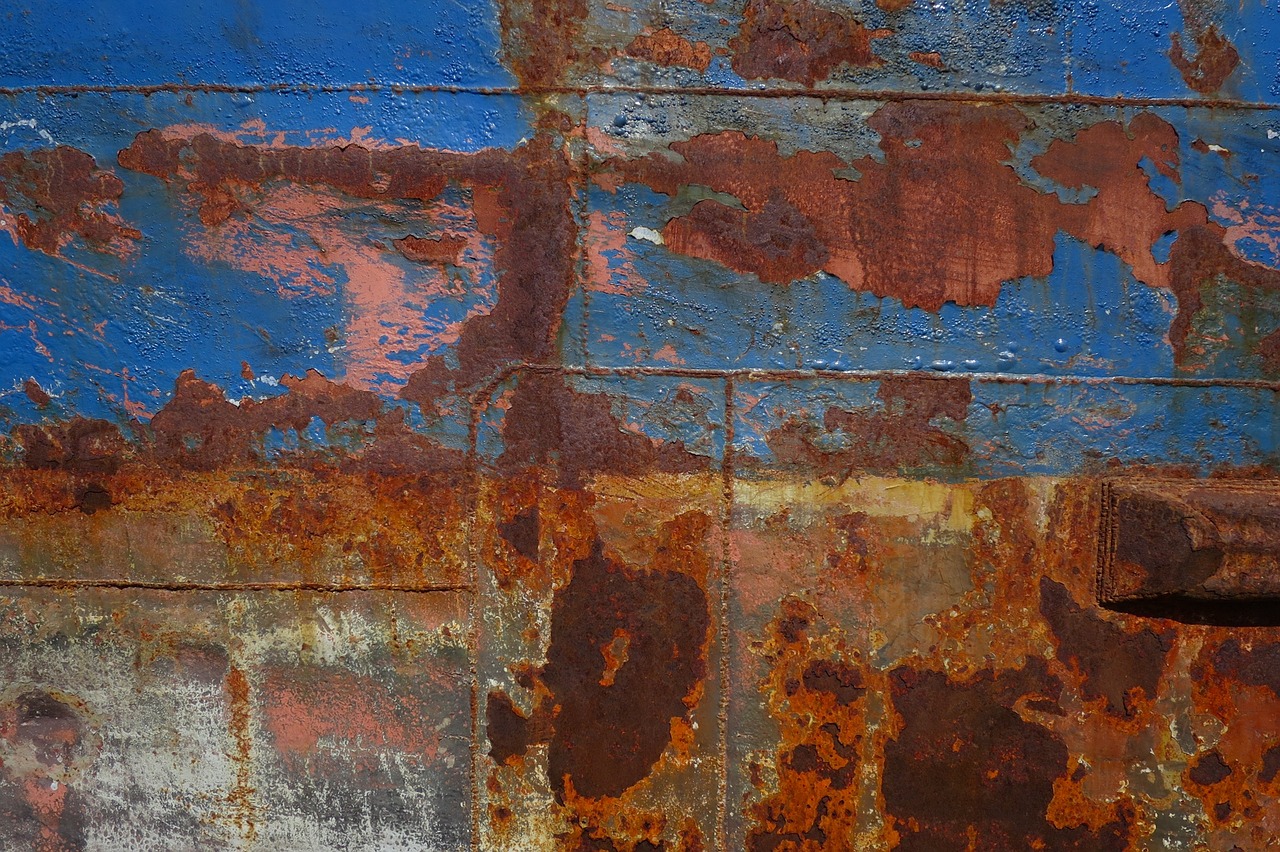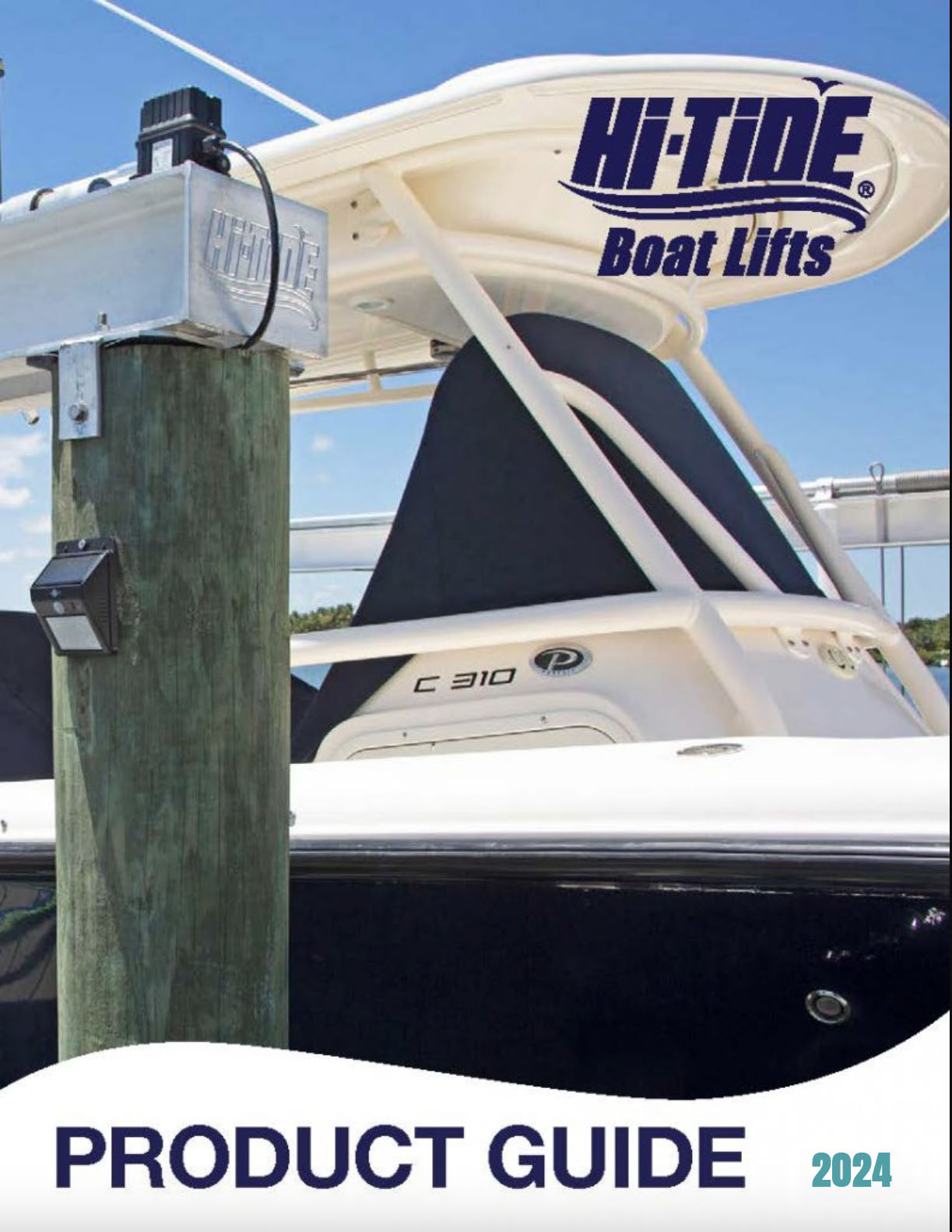
Water, especially water with high salinity, can be a big headache to many a metal surface if not properly protected. Unfortunately, many first timers and novice boaters do not know how to prevent corrosion on their vessel, often leading to costly repairs. Others fail to see the warning signs or truly understand how corrosion begins. We take a look at this ugly and potentially costly problem in order to discover the best methods of prevention.
Two Common Types of Corrosion
Stray Current Corrosion: Coming from internally or externally, this type of rapidly corroding reaction occurs when poorly insulated wiring causes electrical currents to run through the metal of your boat to reach a ground. A galvanic isolator is a viable solution for this fashion of corrosion, though it is also important to ensure that all of your wiring is properly insulated and secure as well.
Galvanic Corrosion: If two, electrochemically different metals are submerged in an electrolyte-heavy liquid, you’re bound to find corrosion. This is most prevalent in boating when looking at parts that use both aluminum and stainless steel. Since stainless steel is more active than aluminum, you may find that your aluminum parts show signs of corrosion more quickly than the steel. To help prevent this issue, many boaters use sacrificial anodes, designed to attract this corrosion away from the important and pricey parts that would otherwise be sacrificed. Look out for paint blistering and chipping away, as well as a whitening effect on your metals.
Though there are other forms of corrosion that pose a danger to your vessel, these are the two that can be the most dangerous and destructive. Ask a boating professional for further tips on what to look for when inspecting your boat, as well as how to prevent corrosion after enjoying your time on the water. A little preparation can go a long way towards saving you big money on your boat.
For more on understanding corrosion: BoatUS.com

